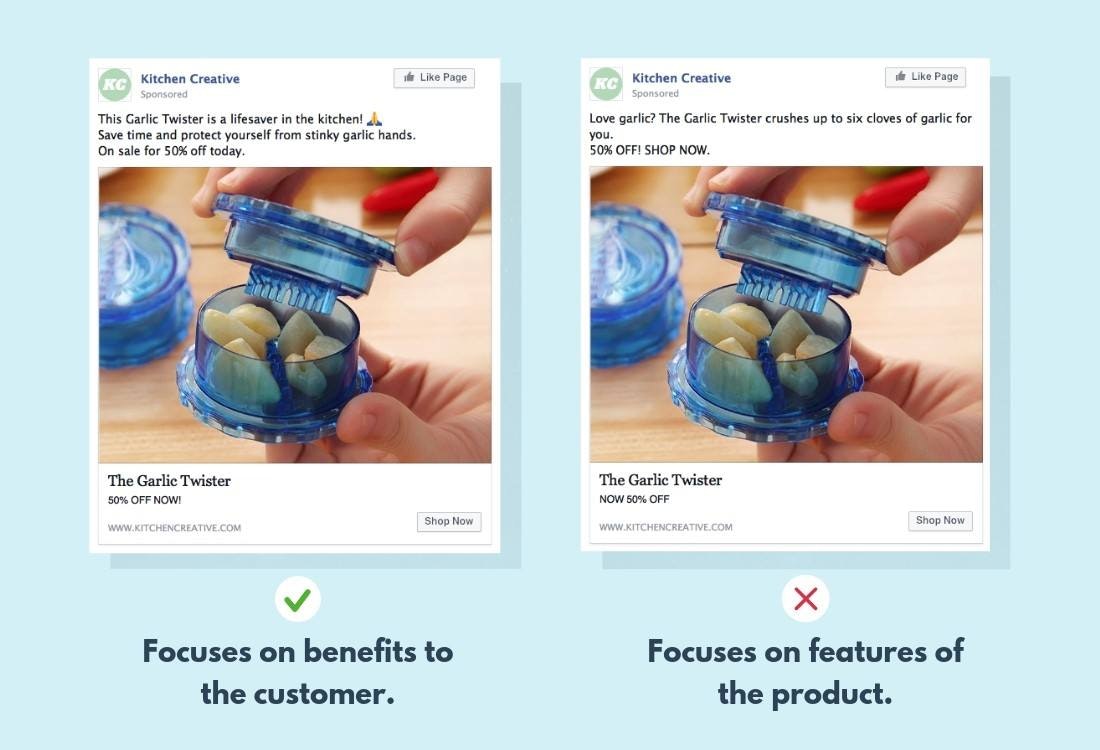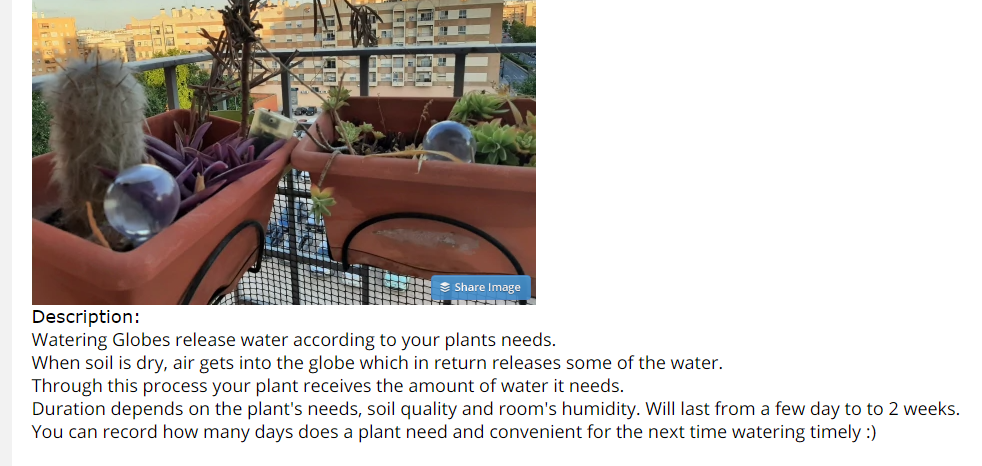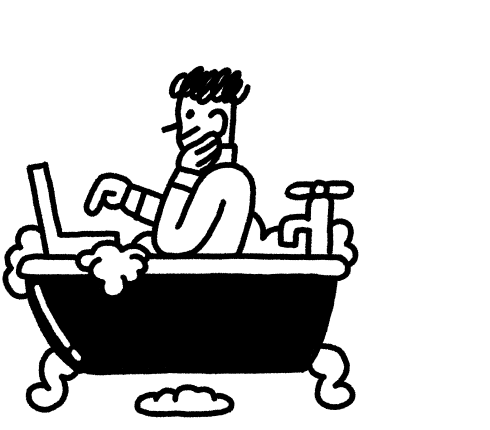One thing many ecommerce entrepreneurs find hard to do is copywriting.
Having to connect with buyers through just words on a page can be challenging and is even more so when having to do so in a language that’s not native to them.
But copywriting is as important as all other aspects of a business. Its power to connect your brand with your buyers on a deeper level and with more intensity is one that can make or break a sale.
If you’re looking for copywriting tips to boost those numbers, you’ve come to the right place.
In this article, we collated for you four tried-and-tested copywriting approaches from successful merchants themselves that you can apply to your business.

Don’t wait for someone else to do it. Hire yourself and start calling the shots.
Get Started Free1. Sell To Emotions and Sentiments

The very first tip is one that even the best salesmen swear by: sell to emotions.
The idea is simple. Instead of writing about your product, appeal to the emotions it sparks.
This is particularly useful for generic stores, like the jewelry store Ahmed Hadi ran to success in the middle of the coronavirus lockdown.
As a male in his early twenties, there is an obvious demographic difference between Ahmed and his target audience – mothers buying gifts for their daughters.
But Ahmed was able to break the barrier by attaching an emotional language and branding to his copy – one that these mothers spoke and understood.
“I only have like two, three lines about the actual necklace. All the rest is about the experience, the meaning of gifts, sentimental value,” says Ahmed.
The brand personality he created helped to forge a deeper connection with them, which catalyzed conversions and enabled him to scale.
“I think,” says Ahmed. “One of my best sentences here is, that, ‘Every time,’ for example, ‘Your daughter would look at the product, they will remember you, even after years.’”
2. Focus on Benefits, Not Just Features
A product’s practical benefits is one thing many ecommerce owners don’t focus enough on in their copy.
While product features are certainly important (especially for unique and innovative products), they don’t quite do the job of forming a deep, close bond with your buyers.
Pro dropshipper Harry Coleman takes a customer-centric approach to copywriting. In his ad copy, he focuses on how beneficial his products are instead of its features.
“I’ll say things like, ‘This will cut your cleaning time in half,’ or ‘Save time, effort and energy,’ those sorts of things,” says Harry.

Benefits are a much more effective selling tool as they go beyond what the product is and addresses a lifestyle impact. They are what spur buyers into action.
3. Personalize Each Copy
Every product you sell is different in its own way and you want to reflect this in your copy by personalizing every single product description.
The benefits of this are two-fold:
- It helps to avoid duplicate content, which may impact your search engine ranking.
- It brings out the individuality of each product so it can connect with buyers in its own special way.
We’re not gonna lie. This is a tedious and time-consuming process, and successful ecommerce entrepreneur Tze Hing Chan will be the first to vouch for that.
Tze spent two to three whole weeks just on crafting customized descriptions.
“Product descriptions were hell. I spent so much time thinking of descriptions for each and every product,” says Tze.
It didn’t help that his product, Boba plushies, were targeted at the opposite gender. That meant a lot of “brain-bending” to write copy that resonated with them.
“My goal was to speak like my customer, have the same tone of voice to the people that I’m appealing to,” says Tze. “Because I don’t speak that way, I just had to do a lot of market research and just scrolling through Facebook groups, and stuff.”
But Tze knew that it was what it took to get it right. For him, the effort was well worth it.
“It paid off.”
4. Make Sure It’s Grammatically Correct
If you’re sourcing dropshipping products from AliExpress, it may be tempting to simply copy the descriptions on there and plonk them onto your product page.
But this would be a costly decision because most of them are laden with grammatical and spelling mistakes.

And as the building blocks of any language, grammar and spelling are copywriting essentials that need to be 100 percent right.
This was something that entrepreneurial duo Andreas and Alexander learned the hard – and expensive – way.
With just one single typo in their copy, their conversion rates tanked.
“We wrote ‘tipe’ instead of ‘type’ for a custom field. All the American people were seeing this and nobody wanted to type in their data there! Because they thought if they aren’t even able to write this correctly, it looks fishy,” says Andreas.
Such mistakes are more common when writing copy in a language that you don’t have a good grasp of, which is often the case if it’s not your mother tongue.
As native German speakers from Austria, this was something that the pair knew they needed to pay extra attention to.
“If English is not your mother tongue, like mine or Alexander, it’s very important to have not one typo. Nothing,” says Andreas.
Conclusion
There is your audience. There is the language. There are the words that they use. – Eugene Schwartz
Copywriting isn’t a hard science. But it is a creative art that requires skill.
Get it right and you’ll be forming meaningful and lucrative connections with your buyers, which is one big stride closer to business success.
Lots of time and effort will need to be spent in perfecting it. But it will all be worth it.




